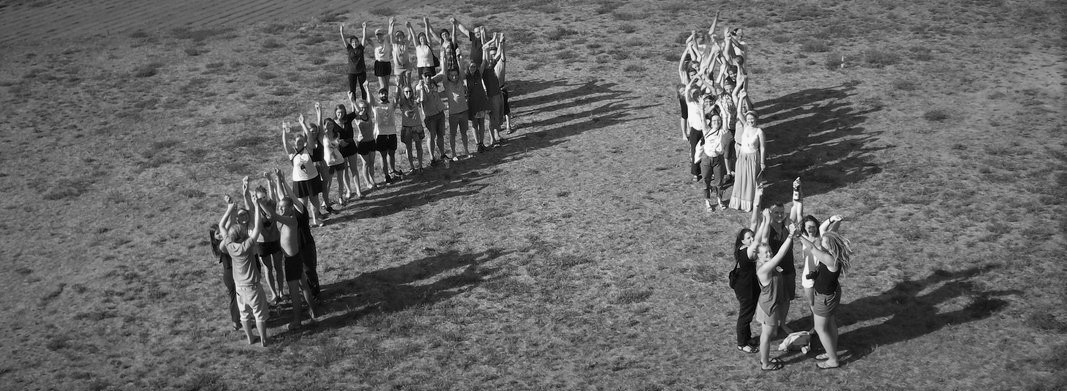Revising the sustainable development concept in the extractive industries sector. A comparative analysis of practices in developed and developing countries
9.30 - 10.45
Sektion: Regional/ Global
Block: Nachhaltigkeit in Entwicklungsländern
Diego Murgia, Technische Universität München
Abstract
The concept of sustainable development has nowadays become a flagship at the core of multiscale global stakeholders: international institutions, national governments, financial and industrial corporations, falsely assuming there is a wide international and local consensus on the precise meaning and implications of it. Mainstream practitioners and big companies often explain sustainability following the fashionable notion of the Triple Bottom Line, and accordingly, use it as their down-to-earth guide for contributing towards a sustainable development in their projects. Nevertheless, such notion is far from having reached a consensus and undergoes severe criticism as business, despite an eco-crisis scenario with a delicate financial balance like the current one, seems to be working ´as usual´, without any significant practical effects of the applied concept and its derivatives: corporate social responsibility, corporate citizenship, business ethics. Moreover, the concept is seldom theoretically revised to include dimensions as governance, ethics and actually a discussed idea of a development path itself.
Besides, the praxis of the sustainable development concept appears to be geographically influenced, since its application in developing countries seems to be more flexible and adjusted to each countries´ conditions, especially when assessing companies investing in the extractive industries sector in South America. This research project intends to shed light on these issues. The general objective of the present project is to revise the concept of sustainable development through a comparative analysis of the praxis of a sample of leading institutions and companies in developed and developing countries working in the extractive industries sector. Consequently, it is the aim to contribute to the discussion of whether a (sustainable) development is possible under the current economic system and industry-driven oil and minerals demand, if there are some model practices/processes to be followed and what alternative steps can be proposed to think the development of developing countries differently. Will developing countries ever develop? Could they? What should be and can be changed to make it happen? Responsible consumption, social licenses, and certification are keywords in the discussion towards a transition to a sustainable economic system.
The goal of the work is not only to critically assess good and bad
practices towards an implementation of the sustainability concept, but also
to identify best practices so as to propose them as desirable start points
for future projects. This research project will be done during 2010 and will
result in the preparation of the graduation thesis for the MSc. ´Sustainable
Resource Management´ at the Technische Universität München.
